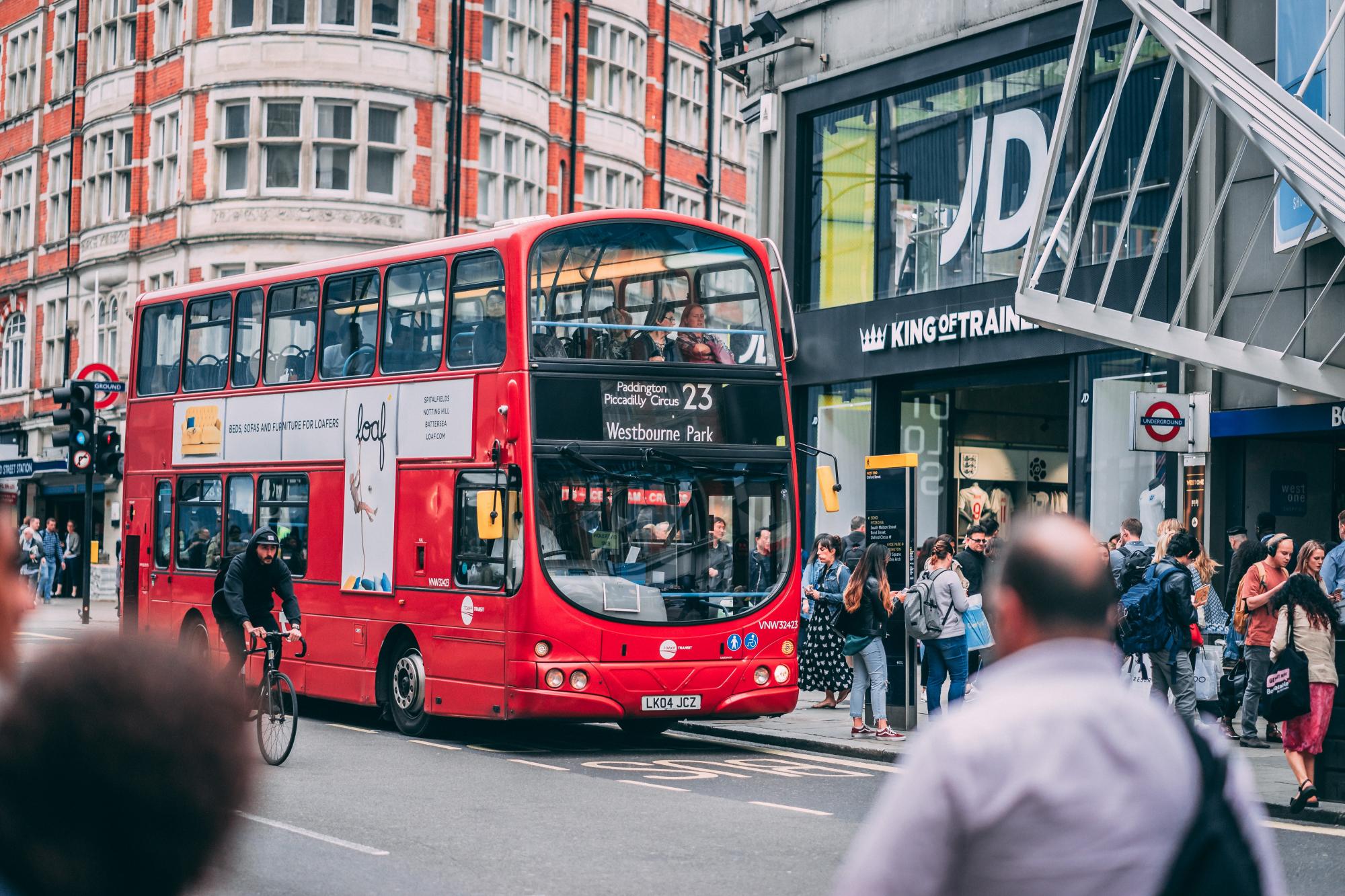Test- FTSE 100 Kicks Off August on a High as BP and Senior Lead Market Momentum
$11
10 Oct 2025, 13:13

Unsplash.com

Back in November of last year, the Chancellor froze the tax threshold for businesses at £85,000. Instead of increasing it in step with inflation, firms must now register to pay VAT at a fixed rate of £85,000 of revenue until 2026.
With the implementation of this strategy, thousands more enterprises will now be required to pay the tax as their revenue rises in parallel with price increases.
This threshold has already been set until 2024, but Mr Hunt and Prime Minister Rishi Sunak were contemplating about extending it by an additional two years.
As expenses and prices grow, more small businesses will be forced to pay the threshold, according to Craig Beaumont, the Federation of Small Businesses' chief of external relations.
He stated “according to our research, around a quarter of small businesses view the VAT threshold as a growth inhibitor. A significant portion of the economy would be negatively impacted by keeping it frozen since it would discourage individuals who are now below the eligibility criteria to work.”
“The Treasury has promised to look at phasing in the threshold so that it doesn't create such a cliff-edge, but if the Chancellor—who is himself a former business owner—is genuine about promoting restricted economic activity, he could instead raise the VAT threshold to £100,000. It would be quite foolish to simply freeze it” he added.
Mr Hunt and Mr Sunak have warned they have to fill a fiscal black hole of up to £60bn, of which around £35bn will come from spending cuts and £25bn from tax rises.
The rates at which people begin paying the various levels of income tax and national insurance, for instance, are planned to remain locked starting in 2024, generating £5 billion annually.
A comparable freeze of the threshold might also have an impact on other taxes, such as inheritance tax.
During the Tory leadership race, Liz Truss said she wanted to raise the threshold over which companies must register for VAT.
However, Kwasi Kwarteng's mini-Budget did not include the item.
The TaxPayers' Alliance's senior economist, Duncan Simpson, stated: "Freezing thresholds during a period of strong inflation is equivalent to tax increases”.
"VAT imposes a significant administrative burden on enterprises, particularly on small businesses who now risk going over the threshold and being subject to a new tax.
"Ministers must prevent these sneaky tax increases from bankrupting microbusinesses."
The Chancellor and the Prime Minister confirmed that "difficult decisions" will need to be made on tax increases due to the "eye-watering extent" of the budget gap that the mini-Budget had created.
The Treasury stated that while the largest burden should fall on those with the broadest shoulders, it is "inevitable" that everyone will need to pay more in taxes in the years to come given the scope of the problem.
As per the telegraph source: The reality is that everyone will have to pay higher taxes if Britain wants to keep its public services.
The UK will not be able to repair the budget black hole through expenditure cutbacks alone after adopting huge energy bill assistance and borrowing hundreds of billions of pounds through Covid-19.
(Telegraph.co.uk, tax.org.uk, taxpolicy.org.uk)